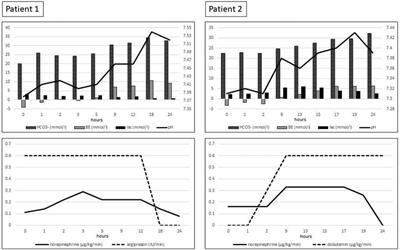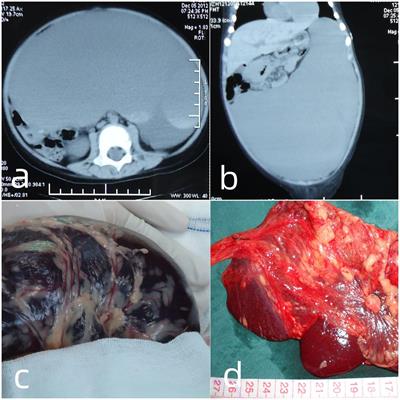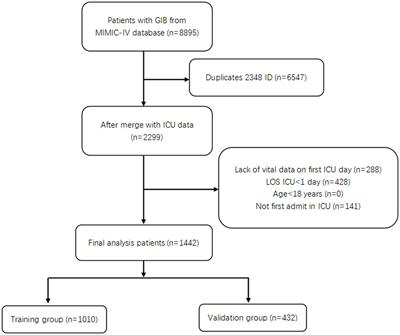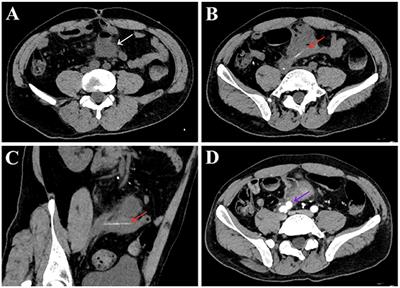CASE REPORT
Published on 18 Jan 2024
Case Report: The management of hemorrhagic shock of different origins by target-controlled coagulation and extracorporeal organ support (continuous renal replacement therapy)

doi 10.3389/fanes.2023.1323180
- 1,424 views



